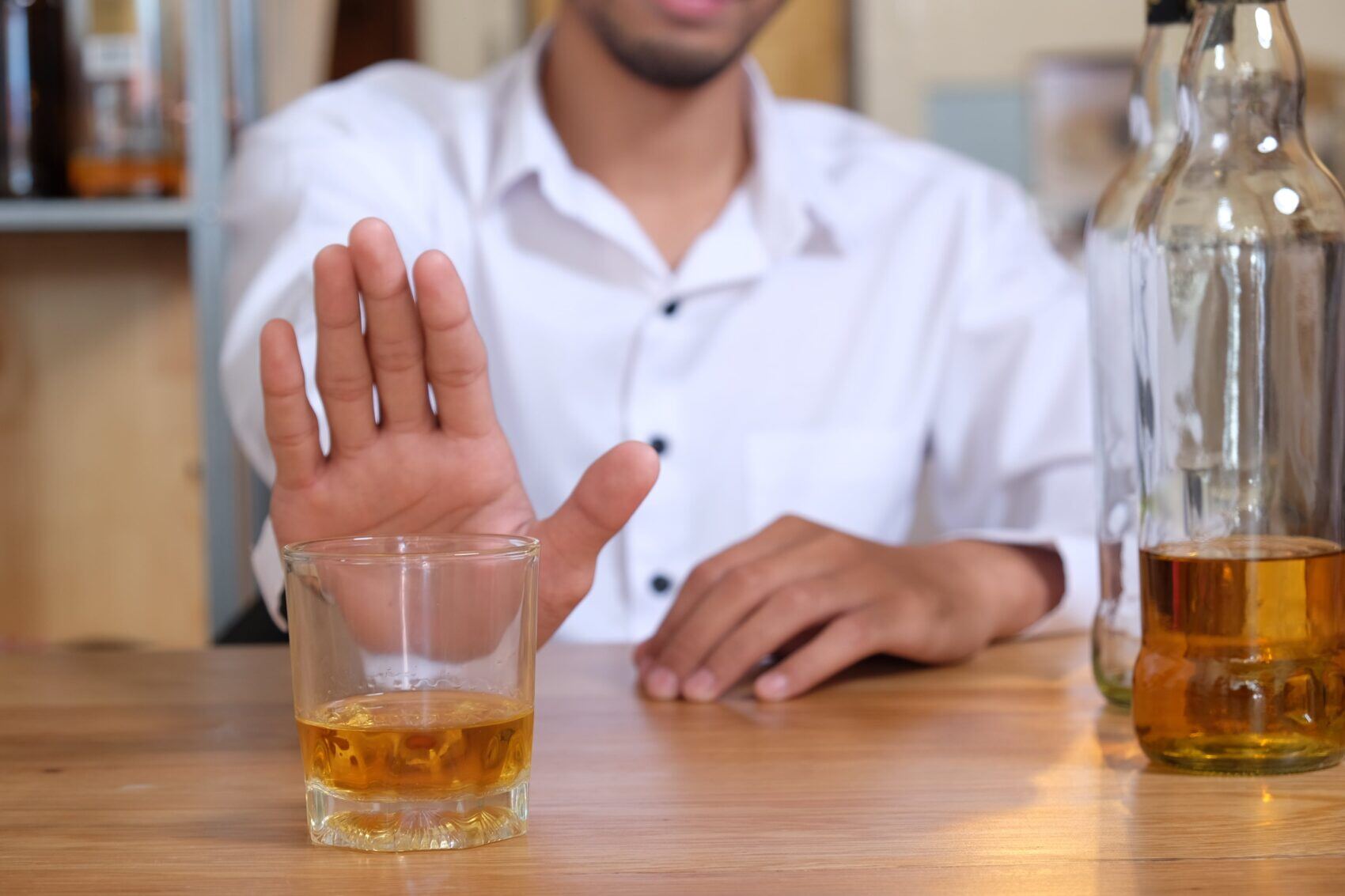Sobriety In The Black Community
For most individuals recovering from substance abuse and/ or addiction will be a lifelong process. Every person is unique and so too will be the recovery process from substance abuse and/ or addiction. Addiction, also known as substance use disorder, is listed in the Diagnostic and Statistical Manual of Mental Disorders, Fifth Edition (DSM-5) as a chronic brain disorder. It is characterized by compulsively engaging in rewarding stimuli (e.g. abusing drugs and/ or alcohol) without regard for consequence. An individual that struggles with addiction will prioritize satisfying drugs cravings above all else. As is true with any type of mental health disorder, there is no single formula for treatment that is universally successful. Although the recovery process from substance abuse and/ or addiction is not entirely linear, the process is usually comprised of completing detox, attending a substance abuse and/ or addiction treatment program, and aftercare. There is an expansive recovery support network in the black community, offering different avenues of support in during every stage of one’s recovery process. Recovery groups, such as Alcoholics Anonymous for the Black and African-American Alcoholic and SMART Recovery, hold easily accessible sobriety support group meetings all over the country that are free of charge.
Alcoholics Anonymous
Alcoholics Anonymous (AA) is an international mutual aid fellowship, with the self-proclaimed purpose of enabling its members to stay sober and help other alcoholics achieve sobriety. AA has been in existence since 1935, when Bill W. and Dr. Bob created it, in Akron, Ohio. Alcoholics Anonymous is free of charge, and open to anyone; the only requirement for membership is to have a desire to stop drinking. AA is based on a twelve-step program, with each step building upon the previous, which aims for complete abstinences. According to the Alcoholics Anonymous: The Big Book the lifelong recovery process includes admitting complete powerlessness over addiction, believing in a power greater than oneself, admitting past mistakes, making amends to people that have been harmed through one’s alcoholism and continuing to focus on spiritual path.
SMART Recovery
SMART is an acronym for Self-Management and Recovery Training. Much like AA, it is a global community of mutual-support groups. The purpose of SMART Recovery, as directly stated by the organization, is for “participants [to] find and develop the power within themselves to change and lead fulfilling and balanced lives guided by our science-based and sensible 4-point program.” SMART Recovery was originally founded in 1992 and was named Alcohol and Drug Abuse Self-Help Network (ADASHN). The name changed to SMART Recovery in 1994. Unlike AA SMART Recovery is not based on admitting powerlessness nor are members required to believe in a higher power, but rather SMART Recovery employs behavioral and cognitive therapeutic techniques. Though members are free to participate in active recovery as long as they wish, SMART Recovery does not promote recovery as a lifelong process.
For Information and Support
Substance abuse and addiction can be incredibly dangerous, and can result in severe short and long-term consequences. If you or someone you know is suffering from substance abuse or addiction, please get help as soon as possible. The earlier you seek support, the sooner you and your loved ones can return to leading happy, healthy and fulfilling lives. There is no reason to go through this alone, and we are here to help. Please feel free to reach out to us for further information or with any questions regarding substance abuse or addiction. We are available anytime via telephone at: 213-389-9964, or you can always email us at: info@friendlyhousela.org.



